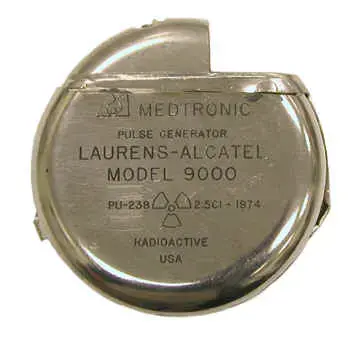Taking a stab in the dark here, but they probably don't like the genocide of Palestinians that the state of Israel is engaged in
interolivary
Yeah to expand on this, in professional settings you'll want a higher sampling frequency so you don't end up with eg. aliasing, but for consumer use ≥44–48kHz sampling rate is pretty much pointless
Probably the latter. Seems like a cynical marketing ploy, really
Surprisingly enough, some essential oils do have research-based actual uses, such as topical antibacterials, antifungals and antiparasitics.
While there's quite a bit of woo woo around them, there's also a lot of interesting research into phytochemicals like essential oils. Same with a few other "plant-based" things like pine resin; there's even a clinically tested pine resin salve that helps with wound healing and is used for treating difficult wounds in some hospitals in Finland.
The problem with essential oils is trying to filter out the snake oil claims from the actual research-based claims. Most vendors tend to have pretty, well, wild claims about what their products can do, so your best bet is scholar.google.com or www.ncbi.nlm.nih.gov and the like
So because VPN works for you, it's impossible for it to not work for literally anybody else?
Huh, interesting. I didn't expect to learn about volcanoes today but here I am! Thank you for the explanation
Ohhh, I had no idea there were different kinds of volcanoes but it does make sense in hindsight.
Well, I guess this might have been covered in primary or secondary education at some point but it's been about 3000 years since my last geography class
Definitely! I find that most problems in life can be solved with cement; if it didn't solve your problem, you just didn't use enough of it.
Ahh right yes, gotcha. I misunderstood you and thought you didn't think the statistics were believable because they're so skewed
How do you propose these "open source journalists" make a living? Corporate grants or straight-up corporate jobs just like a huge chunk of Linux development, landing us right back at square one, if not even somewhat behind it? At least independent media exists nowadays, but if the assumption is that all news has to be freely available, like acastcandream said that'd just lead to journalism being very effectively locked out as a career path for anyone who's not independently wealthy or somehow able to make people actually donate or pay for a subscription despite the content being available for free – and that hasn't worked out too well for most publishers so far.
no one ever tactfully includes ads
This is pretty patently hyperbole; I've run into many sites, including news, with non-intrusive ads.
Whether it's class-based gatekeeping is another matter entirely. For-profit media employees have to eat too, and in the current economic system most can't just give people access to content for free without any sort of monetization mechanism and with a voluntary subscription, because that'll very often lead to income dropping off a cliff. Unfortunately people are very loath to pay for online services except for some more niche cases like the Fediverse where instances run on voluntary donations – although I've seen a couple of moderately popular instances struggling with upkeep being higher than what people are willing to donate (and it's not just services either; open source developers face similar issues.) In some countries we at least have public broadcasting companies, although eg. here in Finland the current extremist right-wing government is looking to reduce its funding by quite a bit and possibly even entirely dismantle it if they get their way.
While I definitely agree that news should be available for free, railing against a for-profit publisher's paywall is, frankly, myopic; like it or not, in the current system even content producers have to make a living. None of us really has a choice in whether we want to live in this system or not











High tariffs and other economic sanctions would essentially be just that, but like another comment said the west isn't ready for it.
We've managed to entangle our economies too deeply with cheap Chinese production, so actually sanctioning them would be painful to say the least and they know it